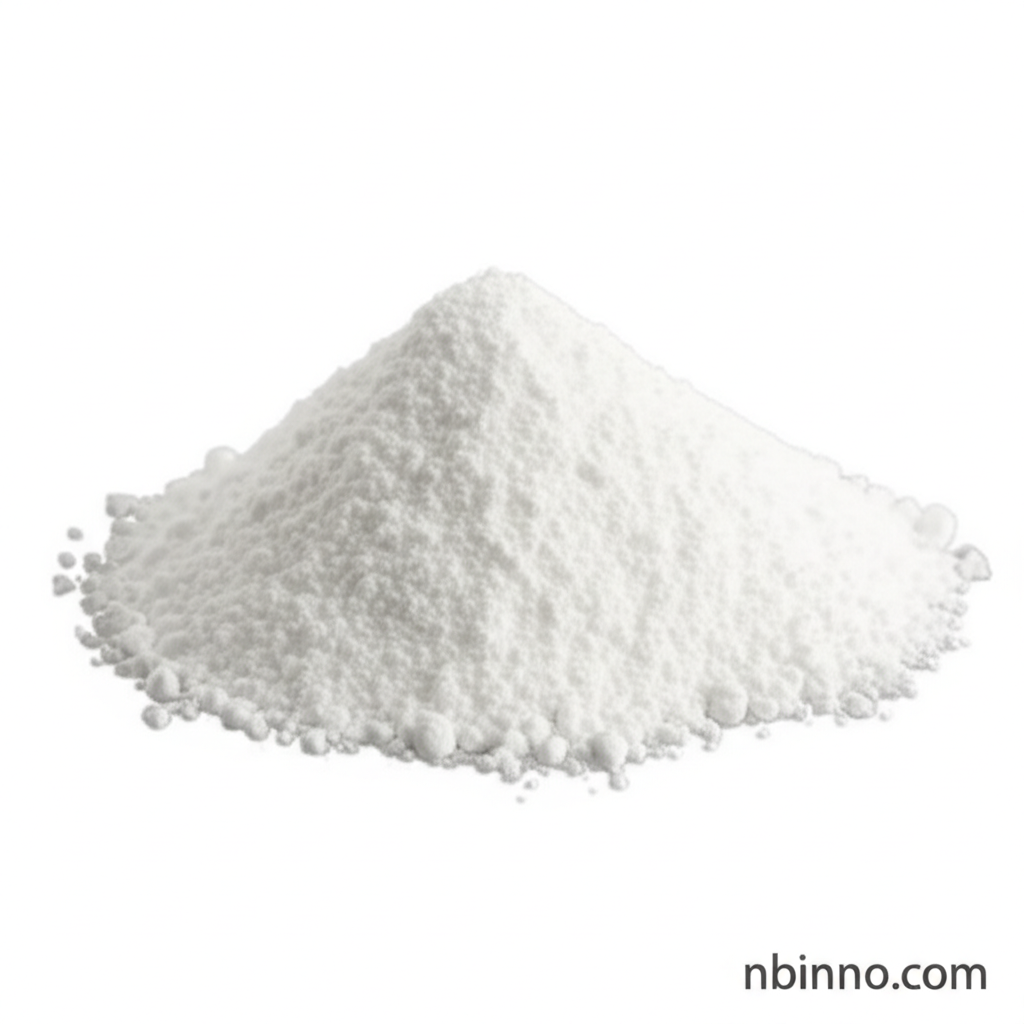Adenosine 5'-Monophosphate (AMP): A Vital Nucleotide for Cellular Energy
Discover the crucial role of AMP in energy metabolism, cellular signaling, and overall biochemical function.
Get a Quote & SampleProduct Core Value

Adenosine 5'-Monophosphate
Adenosine 5'-Monophosphate (AMP) is a fundamental nucleotide that plays a pivotal role in cellular energy transfer and metabolic regulation. It is integral to processes like ATP synthesis and acts as a critical signaling molecule within cells, influencing a wide array of biochemical reactions essential for life.
- Understanding the biological importance of AMP is key to grasping cellular energy management. It is synthesized through various pathways to ensure a steady supply for metabolic activities.
- Explore how AMP functions in cellular metabolism to maintain energy balance and regulate metabolic processes in response to cellular energy demands.
- Learn about the AMP vs. ADP vs. ATP relationship and their roles in cellular energy. These molecules exist in a dynamic equilibrium essential for cellular energy management.
- Discover how AMP activates AMP-activated protein kinase (AMPK), the cell's energy sensor, which is crucial for balancing energy use.
Advantages of AMP in Biological Systems
Energy Regulation
AMP helps synthesize ATP, the primary energy source in cells, and regulates metabolic pathways by activating key enzymes, thereby playing a crucial role in cellular energy balance.
Signal Transduction
AMP acts as a signaling molecule, facilitating communication between cells and within enzymatic pathways, influencing processes like hormone regulation and cellular response to stress.
Metabolic Control
The activation of AMPK by AMP is vital for metabolic control, enhancing glucose uptake, lipid oxidation, and ATP production efficiency, particularly under conditions of low cellular energy.
Key Applications
Pharmaceutical Intermediates
AMP serves as an intermediate in the production of nucleotide drugs and biochemical products, contributing to the synthesis of antiviral and cardiovascular medications.
Health Food Additives
This nucleotide is utilized in the development of health foods, providing essential components for cellular energy and metabolic support.
Biochemical Reagents
As a widely used biochemical reagent, AMP is instrumental in research for studying energy metabolism, enzyme kinetics, and cellular signaling pathways.
Cosmetic Dermatology
AMP disodium salt has applications in aesthetic dermatology for skin rejuvenation, leveraging its ability to activate AMP-activated protein kinase (AMPK).
